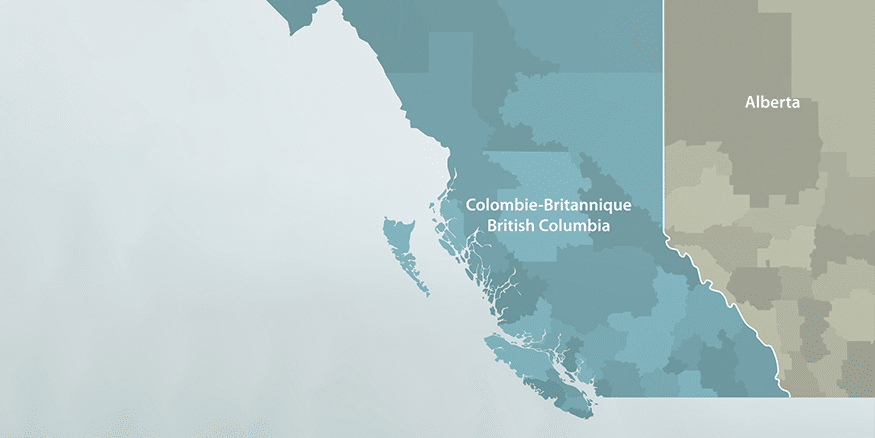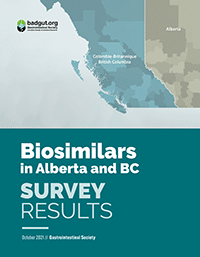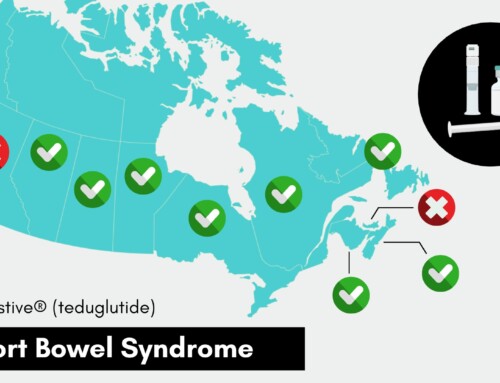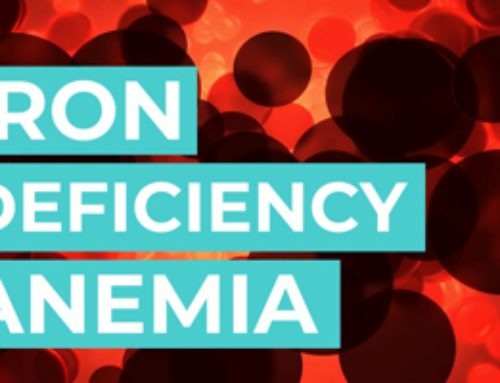
Survey Report: Biosimilars in Alberta and BC
 Four provinces across Canada have implemented non-medical switching (NMS) policies for biologic medications. In these jurisdictions, to maintain public coverage, individuals must switch from their originator biologic to a corresponding biosimilar. In May 2019, the government of British Columbia (BC) launched their NMS policy and Alberta followed shortly after in December 2019. New Brunswick announced their policy in April 2021 and Quebec in July 2021. Other provinces may soon follow. Biologics are very specific and highly effective medicines made in living cells. Biosimilars are highly similar to an already approved originator biologic but, unlike a generic drug, are not identical.
Four provinces across Canada have implemented non-medical switching (NMS) policies for biologic medications. In these jurisdictions, to maintain public coverage, individuals must switch from their originator biologic to a corresponding biosimilar. In May 2019, the government of British Columbia (BC) launched their NMS policy and Alberta followed shortly after in December 2019. New Brunswick announced their policy in April 2021 and Quebec in July 2021. Other provinces may soon follow. Biologics are very specific and highly effective medicines made in living cells. Biosimilars are highly similar to an already approved originator biologic but, unlike a generic drug, are not identical.
We hosted a survey on our website and shared it across our social media platforms from August 31, 2021 to October 11, 2021. We are grateful to the other patient groups that also shared the survey link. Our intent was to focus on the opinions and outlook of individuals in BC and Alberta affected by NMS policies. Qualifying respondents had to live in these provinces, had to have been on an originator biologic and then switched to a biosimilar due to the NMS policy, and had to have a diagnosis of one of the following conditions: ankylosing spondylitis, Crohn’s disease, hidradenitis suppurativa, psoriasis, psoriatic arthritis, rheumatoid arthritis, juvenile idiopathic arthritis, and/or ulcerative colitis.
Specifically, they must have switched from the originator to one of the following biosimilar medications: Humira® (adalimumab) to Abrilada®, Amgevita®, Hadlima®, Hulio®, Hyrimoz® or Idacio®; Enbrel® (etanercept) to Brenzys® or Erelzi®; or Remicade® (infliximab) to Avsola®, Inflectra®, Renflexis®, or OmvyenceTM. We did not include New Brunswick and Quebec as they only recently announced their NMS policies.
To learn more about biologics and biosimilars, view our biosimilars page.






